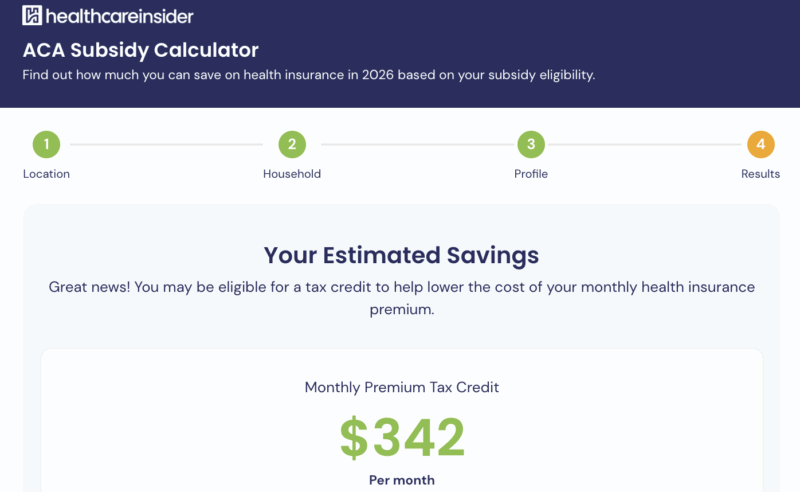Written by Michael LaPick
Healthcare Writer
We want to help you make educated healthcare decisions. While this post may have links to lead generation forms, this won’t influence our writing. We adhere to strict editorial standards to provide the most accurate and unbiased information.
Few things are more frustrating than standing at the pharmacy counter only to find out your health insurance won’t cover your prescribed medication. Whether it’s because of prior authorization rules, a drug formulary exclusion, or an error in processing, medication denials are common—but they don’t have to be final. Federal law protects your right to appeal insurance decisions, and many denials are overturned with the right documentation.
In this article, we’ll explain why denials happen, what rights you have, and step-by-step actions you can take to get your prescription covered.
Why Health Insurance Denies Medications
Insurance companies use specific rules to manage prescription drug coverage. Some of the most common reasons for denial include:
- Formulary restrictions: Your medication is not on the insurer’s approved drug list.
- Prior authorization: The insurer requires pre-approval before covering the drug.
- Step therapy: You must try cheaper or preferred alternatives first.
- Quantity limits: Coverage may be denied if your prescription exceeds dosage restrictions.
- Processing errors: Sometimes denials result from billing mistakes or missing information.
Understanding the reason behind the denial is the first step toward fixing it.
How the Appeals Process Works
Internal Appeal
Every health plan must offer an internal appeals process. This allows you to ask your insurance company to review and reconsider its decision.
- Submit your appeal within the timeframe stated in your denial letter (often 180 days).
- Include a letter of medical necessity from your prescribing doctor.
- Provide supporting records, test results, or treatment history.
External Review
If your insurer still denies coverage, you can request an independent external review. This process is handled by a third-party organization, not your insurance company, and its decision is legally binding.
According to the Affordable Care Act (ACA), all consumers are entitled to this process for eligible denials.
Common Issues and FAQs
Q: Can I get coverage if my doctor says the drug is necessary?
A: Yes. Insurers must consider medical necessity, and a strong doctor’s statement improves your chances.
Q: How long does the appeal process take?
A: Standard internal appeals may take up to 30 days, while urgent cases must be decided in 72 hours. External reviews vary but are usually resolved within 45 days.
Q: What if my appeal is denied again?
A: You may still qualify for patient assistance programs or manufacturer discounts while exploring alternatives with your doctor.
Actionable Steps if Your Medication Was Denied
- Read your denial letter carefully – It explains the exact reason for denial and how to appeal.
- Talk to your doctor – Ask for medical necessity documentation or alternative prescriptions.
- File an internal appeal – Follow your insurer’s instructions and submit all required evidence.
- Request an external review – If denied again, contact your state insurance regulator or CMS for the next step.
- Explore financial assistance – Check if the drug manufacturer offers discounts or patient support programs.
Conclusion & Call to Action
A denial doesn’t always mean the end of the road for your medication coverage. By understanding why your claim was denied, using your right to appeal, and working with your doctor, you can often get the coverage you need. Remember: you have legal rights under federal law to challenge unfair insurance decisions.
If your medication has been denied, start by reviewing your denial letter and filing an internal appeal.
A friendly team of licensed insurance agents is here to guide you.
Thank you for your feedback!







